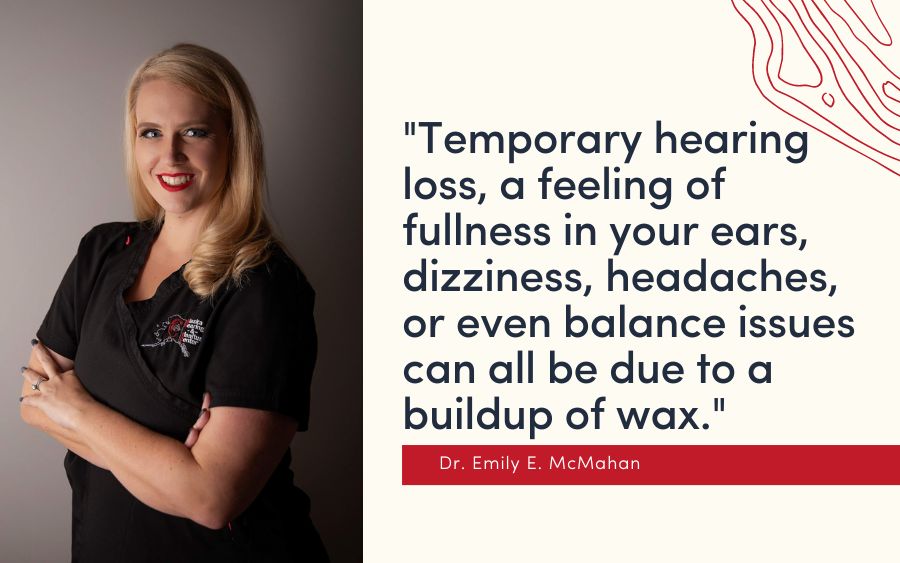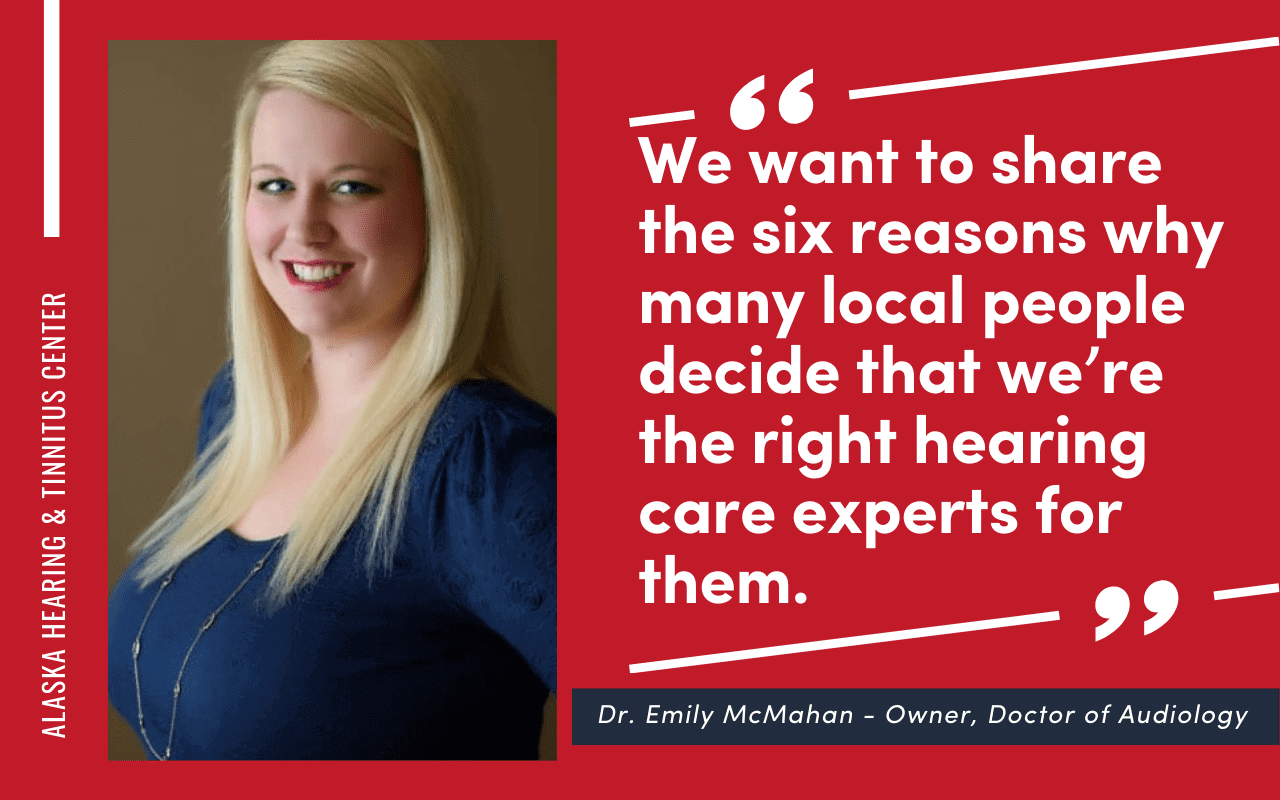Hearing loss is one of the most common ailments in the US today.
Sadly, it’s just not openly discussed, making it seem more isolating than it really is.
When I take a patient’s case history, I rarely encounter a family that doesn’t have at least one person, usually multiple members, who are impacted by a hearing loss.
With it being so common and also so detrimental to your health, we are dedicated to caring for the hearing of everyone in Alaska.
Common First Signs
These symptoms will be the first ones you notice in yourself. They are key indicators that your hearing is not only affected but also declining.
“What?” — This is a widely used phrase by those affected by a hearing loss. If you’re having trouble hearing people in regular, everyday situations, then this is a first sign. Asking people to repeat themselves or looking for facial cues is also a product of not being able to fully hear. Especially these days, with face masks being more common, people with a hearing loss are struggling more than ever.
Blame — As kids, we are always told to speak up and enunciate, but that may only have been because the person speaking to us had a hearing loss. Blaming others is a very common sign, as it shifts the attention off them and onto the speaker.
Volume — Increasing the volume of your TV/music or using the speakerphone option on your phone all the time is a clear indication that your hearing has been affected for one reason or another.
First Signs In A Loved One
Sometimes we notice things about our loved ones that they may not even notice. If someone you love is showing these signs, then it may be due to hearing loss.
Withdrawal — You may see your loved one canceling plans or making up excuses to not go to gatherings that they usually look forward to.
This may be an early sign of hearing loss simply because it is easier to not go and save themselves the embarrassment of not hearing or to save the frustration of having to ask so many people to repeat themselves all the time.
Isolation — When hearing loss becomes more serious, your loved one may even start to recoil from those closest to them. By isolating themselves, it takes the pressure off having to try and listen all the time. If there is nothing to listen to, then they don’t notice a problem.
Quitting — In extreme cases, we see patients removing themselves from activities and events that they used to love. Now, without being able to hear properly, those things have become a source of frustration instead of joy.
Hearing is one of our main senses. It is constantly exposed to sounds and never really “turns off.” Our brain needs clear signals in order to continue listening clearly!
If you or a loved one has experienced any of these symptoms, then please do not hesitate any longer and schedule a comprehensive hearing assessment with one of our trained audiologists.
The sooner we can diagnose the problem, then the sooner you can get back to doing what you love and enjoy it.





